
Home
Publications
Publications
Showing 0 to 0 of 0 results

Statements
2021-07-19T07:20:19
To tackle COVID-19 outbreaks, ASEAN MPs call for more inclusive policies for migrant workers

Statements
2018-04-22T07:35:26
ASEAN MPs urge leaders to strengthen regional rights responses, at upcoming Singapore Summit
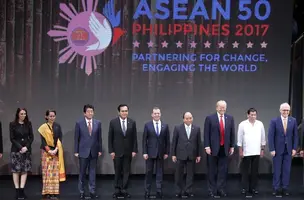
Statements
2017-11-23T07:33:55
Regional MPs: ASEAN Consensus on Migrant Workers does not provide adequate protections

Opinion Articles
2017-09-24T07:33:24
Asean’s obligation to migrant workers
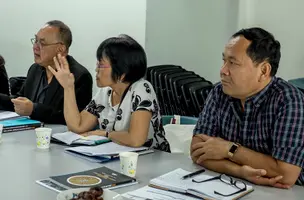
Statements
2017-09-22T07:33:24
Examining Human Rights in the Context of ASEAN Regional Migration: Summary of Findings from APHR Fact-Finding Mission to Malaysia
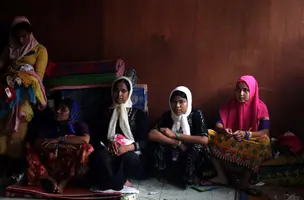
Reports
2017-08-03T04:52:31
Examining Human Rights in the Context of ASEAN Regional Migration
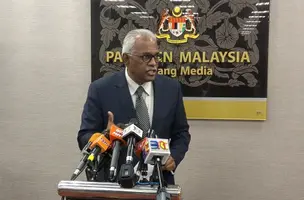
Opinion Articles
2017-07-16T07:33:21
Malaysia: Eliminate Middlemen and Establish National Review Committee in the Management of Migrant Workers
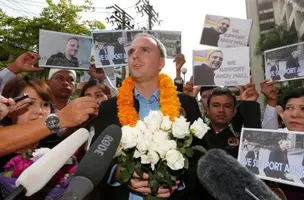
Statements
2016-09-20T07:29:37
Conviction of migrant rights advocate a blow to human rights research, parliamentarians warn
TOP
ASEAN Parliamentarians for Human Rights (APHR) was founded in June 2013 with the objective of promoting democracy and human rights across Southeast Asia. Our founding members include many of the region's most progressive Members of Parliament (MPs), with a proven track record of human rights advocacy work.
Copyright © 2024-2025 All Rights Reserved - ASEAN Parliamentarians for Human Rights (APHR)
Website by Bordermedia